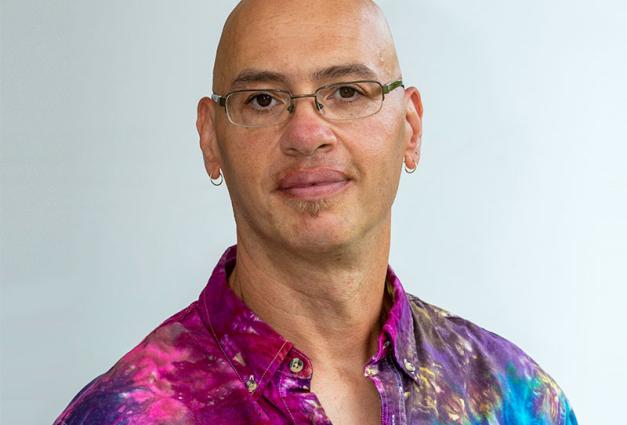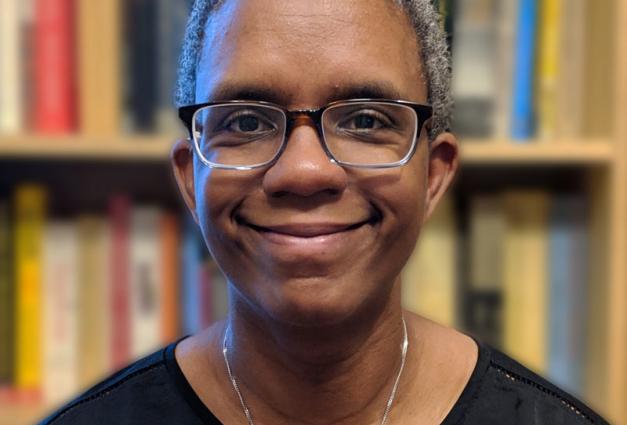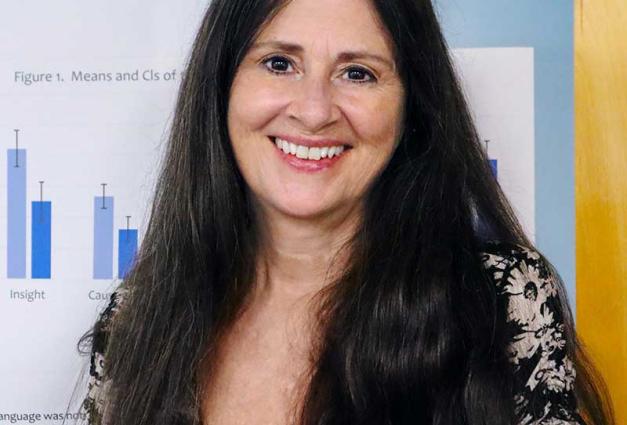Phakkanun Chittham serves on the faculty of Chulalongkorn University in Thailand as a lecturer of basic and applied social psychology. Her research interests include impression formation, personality perception, and attribution theory or how we determine the cause of other’s behaviour. Her current studies focus on the implication of impression formation in the contexts of interpersonal and intergroup relationships.
Do you have a favorite conference memory or story?
Probably the recent 2021 virtual convention as it was my first. I was able to network with people from all over the world that I wouldn’t normally have been able to meet, along with the minimal costs of the virtual meeting. I enjoyed it a lot!
Can you recall a moment, experience or person that influenced you or led you to decide that personality and social psychology was the path for you?
I read Dr. Susan Fiske’s work on stereotype content model (SCM) and the Behaviors from Intergroup Affects and Stereotypes (BIAS) Map as an undergrad and was fascinated by it. Her work influenced me significantly. My senior project was a replication of compensation effect of warmth and competence in intergroup stereotypes. My PhD centered on warmth and competence albeit not in the context of intergroup bias. The project I am currently working on—and funded by the national new scholar grant—is to establish SCM and BIAS Map in Thailand. So I would say Dr. Fiske is definitely an inspiration to the social psychologist in me. I would love to meet and work with her someday!
What do you want to learn/achieve/grow in next?
I would love to train more in research methods and data analyses. I've trained extensively in experimental and survey designs using quantitative data, and would like to take on more advanced statistics and explore the qualitative side more as they are all useful.
Do you have a favorite course to teach and why?
I currently teach intro to social psych for psychology and communication arts undergrads, an interpersonal relationships course for psychology undergrads and postgrads, and stereotype, prejudice, and discrimination for psychology undergrads. I enjoy all of them in different ways. I probably feel more invested in the intro course, as they are first- and second-year students and I help them in ways that I might not help third- or fourth-year students as much. I enjoy helping them to think and communicate like a scientist, how to write a report, how to make a catchy presentation, etc. I love the passion I get from students in the stereotype class because we deal with real issues and it's inspiring to see younger people having a desire to change the society. When I am down from the stereotype class, the interpersonal relationships class really helps me heal emotionally.
In what unique ways have you involved students in your research?
I invite them to be involved in every step of the research process. From reviewing literature to proposing an interesting research question and strong proposal (so they know we don’t just come up with a proposal that easily) to applying for ethical approval (so they know how to do the paperwork and communicate their research to nonpsychologists) to creating a study pamphlet to recruiting participants and developing a questionnaire (so they gain more experience before they have to do their own) to collecting data (so they know it is not that easy) and writing a report.
What career path would you have chosen if you had decided to not pursue psychology?
Social psychology is still highly underrepresented in my country. Other than academia, it is very hard to imagine a career path and I struggle to answer this question when a student asks me what they can do with a social psychology degree! I generally urge them that they need to have other skill sets as well, for example, data analysis etc.
Personally, if I could apply social psychology to the real world, I would like to be involved in a matchmaking business because—to my knowledge—despite having many dating apps and services in Thailand, I have yet to know of any service that has a social psychologist on the team. So that would definitely be fun and helpful to people! That or I would like to take part in social policymaking. In the UK where I studied for my Master's and PhD, social psychologists were very much involved in social change. I once had political science students in my stereotype, prejudice and discrimination class and I could see how we could work together to better the society and country. I hope that happens before my day ends!




